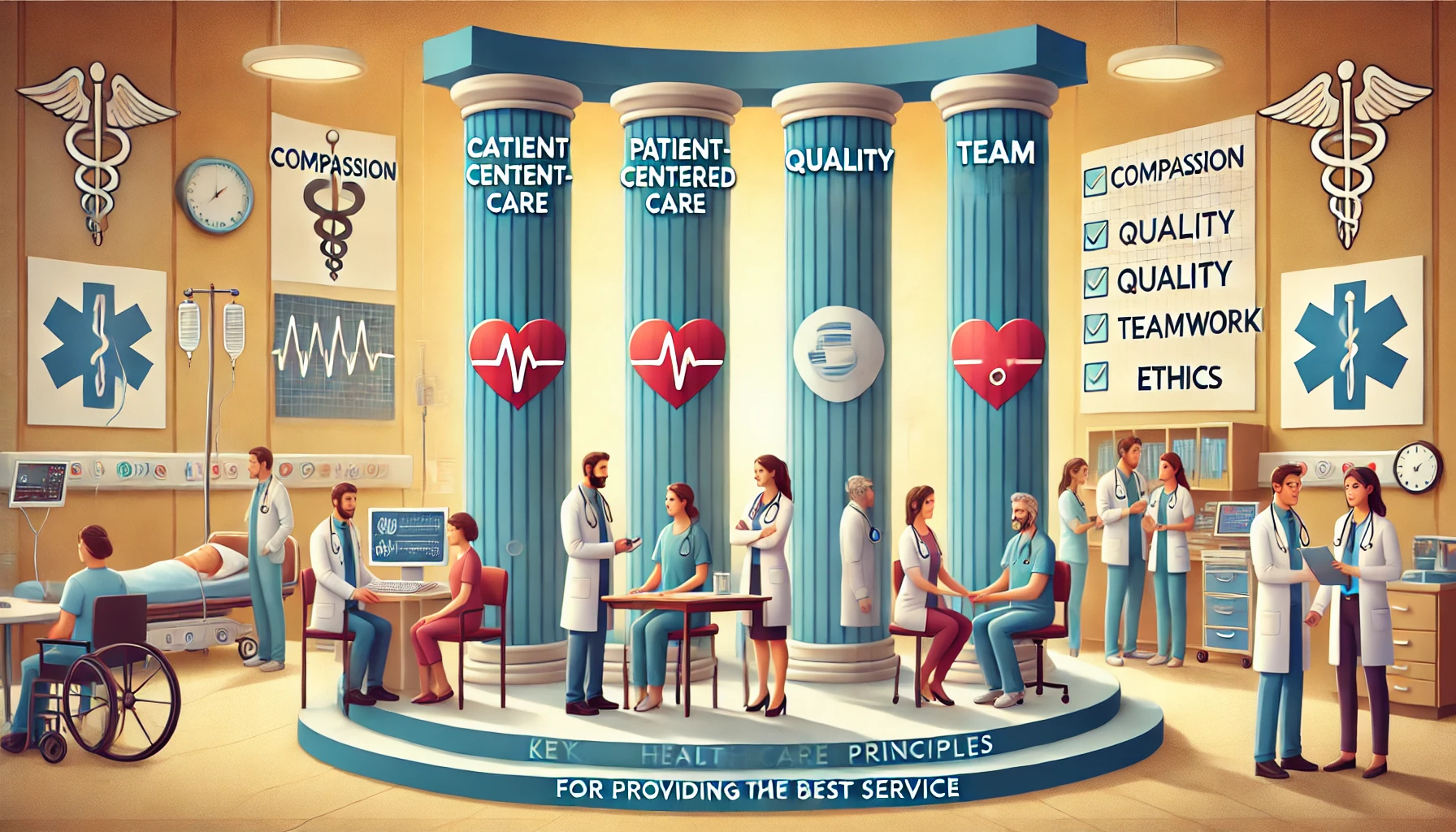One aspect of healthcare that many people don’t notice is the principles it works. Ideally, the services have to follow these ethical principles to provide the best. But the primary challenge is how to educate the general public on what they could and should expect from a health service.
The 6 Ethic Principles
- Autonomy
The first principle relies on self-governance, which means the patient has the complete right to their bodies. It also means that they need to give consent before undergoing any medical procedure.
In case of accidents or when the patient is unconscious, the governance falls to the first responder or next of kin.
- Justice
This principle emphasizes how the provider is being fair in treating the patients. The doctor’s oath includes providing the best service for everyone. But it’s may not always the case due to bias and preferences.
Receiving medical treatment is one of the basic human rights. Therefore, all doctors must remember this ethical principle when treating a patient. This is why, doctors are neutrals in times of war. They can’t choose to treat or not treat someone because they are from the enemy lines.
- Fidelity
The doctor-patient relationship lies in trust that leads to loyalty. The doctor won’t divulge the patient’s issues to anyone outside of the family. Even when they ask for a second opinion from other professionals, they will only mention the issues and not other private information.
- Beneficence
The doctor needs to put the patient’s well-being as their primary interest. Any medical action puts the patient’s health first. It’s all for the patient’s benefit and not the doctor’s or even the hospital’s.
Therefore, the patients need to understand if they are allergic to specific medications. They also need to be open to the doctor about what they feel so they can receive the best treatment.
- No maleficence
Again, all medical actions by doctors don’t have any ill intentions. It’s all to help the patient to get better. “Do no harm” is one of the first lines in the Hippocratic oath all doctors must make. Therefore, there is no way a doctor will go above and beyond to harm the patients they are treating.
- Veracity
One complicated principle is truthfulness. The doctor needs to know how to read the room and explain to the patients what they are facing. However, it raises concerns because some people may not want to see the truth. And the doctor may not even think that the patient needs to know everything about their health situation.
Hoping for a Better Healthcare
This issue can be quite complicated since it affects the whole nation. At any rate, everyone expects and deserves to receive the best health treatments. But of course, it requires work from everyone to support doctors and everyone in the field so they can continue to give their best services.
Advocating and pushing for an ethical practice is not impossible when everyone understands their rights and what they have to do. When they know and understand these principles, they can build better communication and will receive better healthcare.

